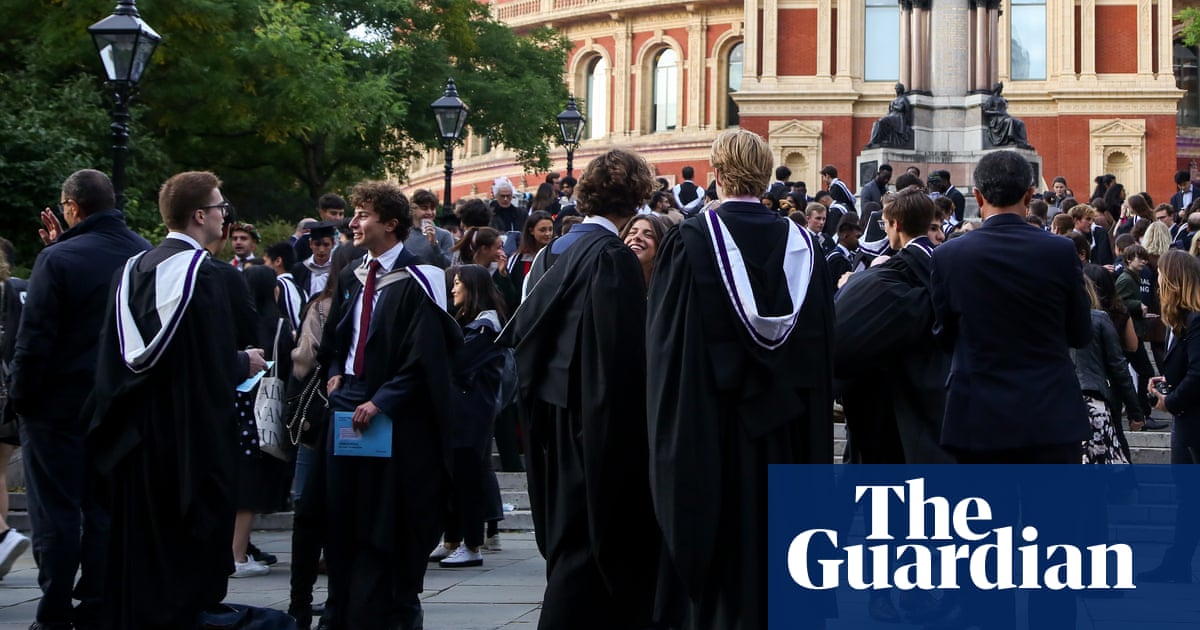
Re university fees, the numbers don’t add up, and never did (Editorial, 4 November). Assumptions by George Osborne and colleagues of high graduate earnings, based on times when far fewer people went to university, were unrealistic. The current “solution” is no better. If fees have not changed since 2017 and inflation since 2017 is 29% then tuition fees rising by several hundred pounds next year still leaves universities with massive cuts in funding.
There are few (if any) angles from which it makes sense. Graduates who work as key workers, eg nurses, are unlikely to earn enough to pay off their loans. If fees are to be thought of as a graduate tax, why would a just society ask those doing a service to society (such as nurses) to pay more tax? And, if it’s a graduate tax, why are we not taxing all graduates, rather than only taxing young people – those who went to university after New Labour introduced fees?
Solutions might include increasing income tax on the highest earners (and closing more tax loopholes), noting that the top rate of income tax used to be much higher than it is today (more than 80%, before the Thatcher government). Is this penalising hard-working people? Possibly, but nurses and others work hard, too. Those with the broadest shoulders should carry the bigger load.
Helen Gourlay
Wymondham, Norfolk
While those of a certain generation can afford to sound off about adding a few hundred pounds here and “renaming graduate contributions” there, the elephant in the room is that education is a right, not a privilege. Charging a fee – no matter how nominal – feeds into an individualised and commodified perception of a good that ultimately benefits society as a whole. Turning students into consumers has also warped the economic model of universities and university towns so that rent-seeking becomes a cornerstone of how these places are managed (or mismanaged).
This fee rise should also bring the spotlight back on to the gaping and unjust divergence between what domestic and foreign students pay.
Ultimately, due attention needs to be paid to tertiary education as part of the current Department for Education review – including demands such as the abolition of fees, reintroduction of grants and the end of the universities’ quasi-monopoly on post-18 learning. Doing so would be the opposite of “sticking-plaster politics”.
Yassin El-Moudden
Sheffield




